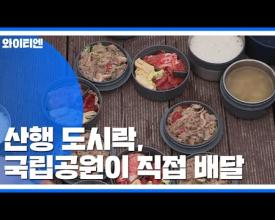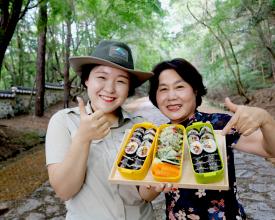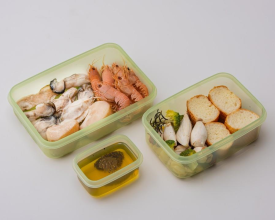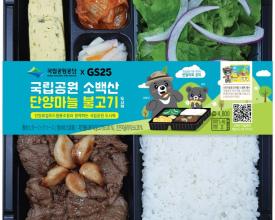
Korea National Park Eco-Friendly Meal Box Service
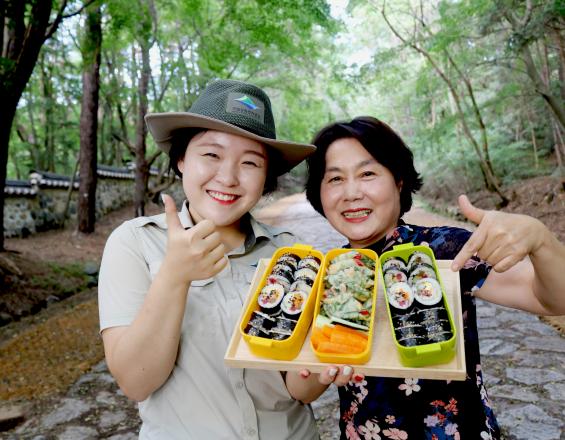
It was initiated to spread the culture of carbon neutrality through reduced disposable waste at national parks and to revitalize the local economy through the participation of local companies in the project.
It targeted all visitors to national parks and campsites and was carried out all year around. It aims to reduce disposable waste at national parks and revitalize the local economy by delivering eco-friendly meals made of local specialties in reusable containers to the entrances of trails or campsites.
KNPS piloted the service at Sobaeksan National Park in 2018 and provided it at eight national parks. In 2019, expanded to 21 national parks. The service(meal kits) was also expanded to campsites in national parks in 2020 and meal boxes were made available at convenience stores. In 2021, KNPS assisted participating businesses with consulting services.
KNPS created a convenient contactless order system via KakaoTalk and delivered the meal boxes to the entrances of trails or campsites.
Context
Challenges addressed
Location
Impacts
It contributes to the local economy by cooperating with local businesses and tapping into local specialties. KNPS prioritizes signing MOUs with local social enterprises and had them develop menus using local specialties which led to the creation of jobs and vitalization of the local economy. A fair was held to create menus and provide momentum to the project. KNPS offered four consulting service sessions and 34 kinds of meals were developed in 2021. In collaboration with businesses, three types of meal boxes suitable for GS convenient stores were launched, and sales channels for local specialties were expanded through PR activities.
As of 2021, 39 businesses including 19 social enterprises, participated, and 7,916 meal boxes were sold marking 64 million won in annual sales. It also avoided the use of 37,216 disposables.
It was recognized with various awards in 2019; “Excellence Award” at the Government Innovation Best Practice Contest by the Ministry of Environment, “Grand Award” at Social Economy Best Practice Contest by the Ministry of Environment, and “Excellence Award” at Public Organization Social Value Creation Contest by the Ministry of Employment and Labor.
KNPS could promote the culture of carbon neutrality by reducing disposable waste and contribute to the local economy by cooperating with local businesses and leveraging local specialties.

